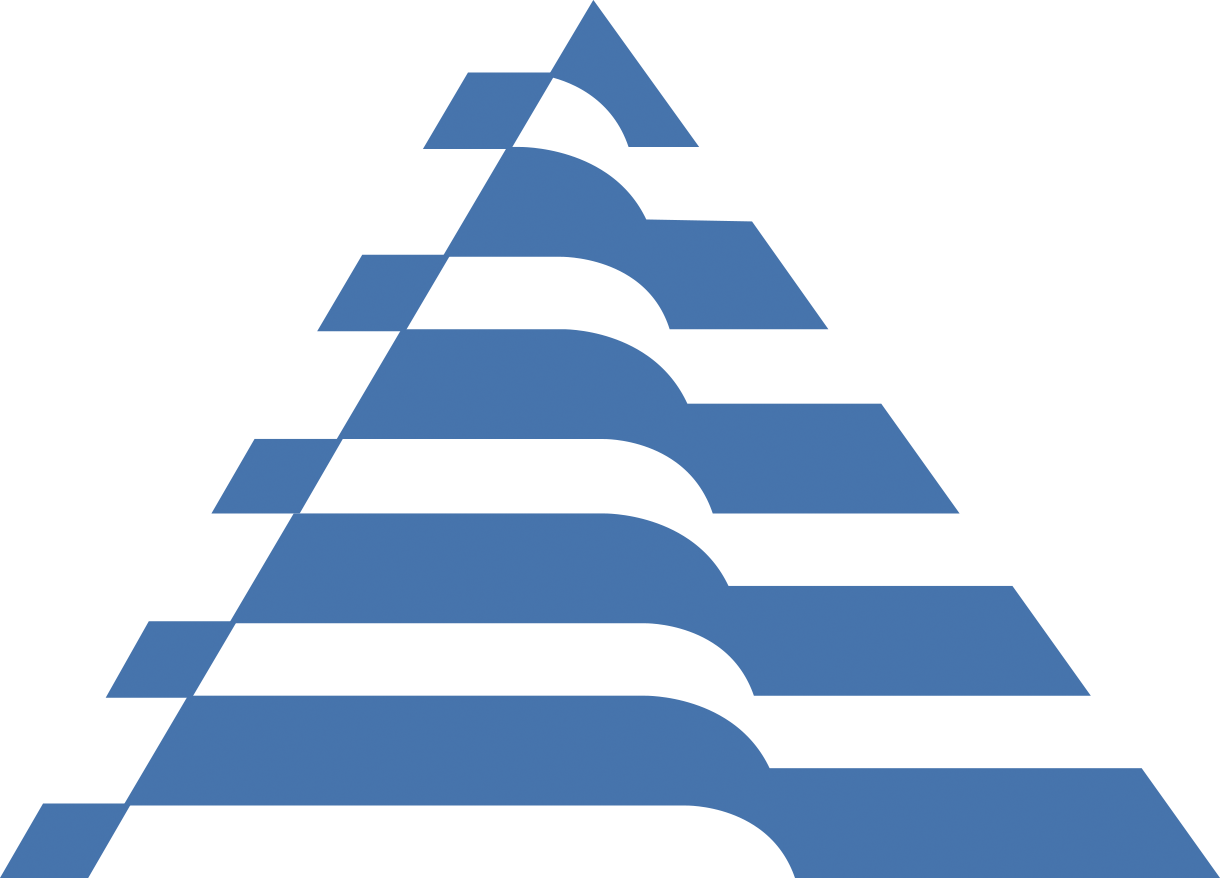
Title: Linked Data for Production (LD4P): Technical services workflow evolution through Tracer Bullets
Day/Time: Thursday, 1:30-3:00
Room: Prince William (3rd Floor)
Abstract: Linked Data for Production (LD4P) is a Mellon-supported collaboration between six institutions (Columbia, Cornell, Harvard, Library of Congress, Princeton, and Stanford) to begin the transition of technical services production workflows to ones based in Linked Open Data (LOD). This first phase of the transition focuses on the development of the ability to produce metadata as LOD communally, the enhancement of the BIBFRAME ontology to encompass the multiple resource formats that academic libraries must process, and the engagement of the broader academic library community to ensure a sustainable and extensible environment. As its name implies, LD4P is focused on the immediate needs of metadata production such as ontology coverage and workflow transition. The focus of LD4P is on the identification, evaluation and adaption of existing viable tools to immediate production needs. A related project, LD4L-Labs, focuses on solutions that can be implemented in production at research libraries within the next three to five years. Their efforts focus on the enhancement and development of existing or new linked data creation and editing tools, exploration of linked data relationships, analysis of the graph to directly improve discovery, BIBFRAME ontology development, piloting efforts in URI persistence, and metadata conversion tool development needed by LD4P and the broader library community.
As part of LD4P, Stanford is leading the development of a Performed Music Ontology and is converting four key technical services production pathways from MARC-based to RDF-based in a project called the Tracer Bullets. In this panel, we will discuss our work on these projects, highlighting achievements and difficulties of current efforts, as well as plans for future work. In this panel, we plan to discuss our work on these projects, highlighting achievements and difficulties of current efforts, as well as plans for future work. On the Performed Music Ontology, we will discuss our work on extending BIBFRAME 2 with community input to better support description of music artifacts. With regards to the “Tracer Bullets”, we will go through the progress on our four designated end-to- end pathways: vendor-supplied copy-cataloging (Tracer Bullet 1); original cataloging (Tracer Bullet 2); deposit of a single item to the Digital Repository (Tracer Bullet 3); and ingestion of a collection into the Digital Repository (Tracer Bullet 4). We have examined each of these pathways, from acquisition to discovery. Based on that analysis, we are converting all key elements in those workflows to a process rooted in linked data, balanced with the current needs and resources of the systems interacting with those pathways. Our emphasis is on the completeness of the pathway, and we plan for the workflows themselves to be expanded in the future to account for additional complexities and fully leveraging the capabilities of the RDF data models once our initial pathway has been established.
For these tracer bullet pathways, Stanford is developing parallel processing streams. Resources flowing through these pathways will be processed in the traditional way with MARC or MODS-based metadata. A parallel, linked data workflow will be created for LD4P and duplicative metadata created. This metadata currently feeds into a parallel discovery environment so that we mimic the entire processing workflow. The metadata can also be sent to various library vendors and programs so that they can begin to adjust their businesses to incorporate linked data. Although this solution requires duplicative effort, it will allow Stanford to experiment with an alternative pathway without being dependent on the results for discovery. It also has the benefit of testing the new pathway with actual library resources and staff so that a true measure of effort and cost to implement the new paradigm can be evaluated.
LD4P has completed the first year of its two-year grant and has made substantial process on the Tracer Bullets. In our panel presentation, we’d like to focus on five main areas:
-
Introduction: General information on the goals of LD4P and its context in the current library technical services paradigm.
-
Philip Schreur, Associate University Librarian for Technical and Access Services
-
Workflow Analysis: Workflow analysis for Tracer Bullets 1 & 2 including the testing of Tracer Bullet 1 with actual library data.
-
Arcadia Falcone, Metadata Coordinator
-
MARC Data Enhancement and Conversion: Suggestions for enhancements to MARC data to make their conversion to RDF cleaner and our testing of MARC to BIBFRAME 2.0 conversion.
-
Josh Greben, Systems Programmer/Analyst
Nancy Lorimer, Head, Metadata Department
-
Tooling: Experimentation with current tools available to support Tracer Bullets 1 & 2 along with their enhancement and new tool development.
-
Josh Greben, Systems Programmer/Analyst
Nancy Lorimer, Head, Metadata Department
-
Digital Repository: Initial exploration of Tracer Bullets 3 & 4 and their implications for the Stanford Digital Repository.
-
Christina Harlow, Digital Repository, Data Operations
|
![]() DCMI's work is supported, promoted and improved by « Member organizations » around the world:
DCMI's work is supported, promoted and improved by « Member organizations » around the world:












![]() DCMI's annual meeting and conference addresses models, technologies and applications of metadata
DCMI's annual meeting and conference addresses models, technologies and applications of metadata


